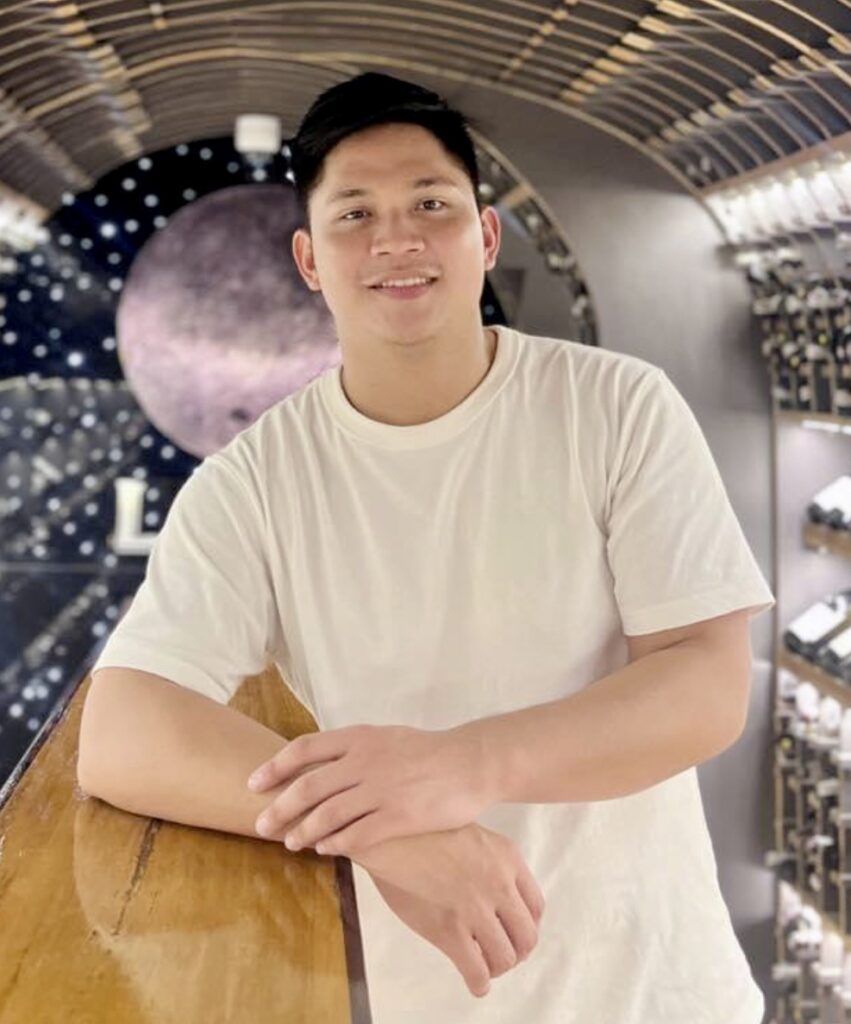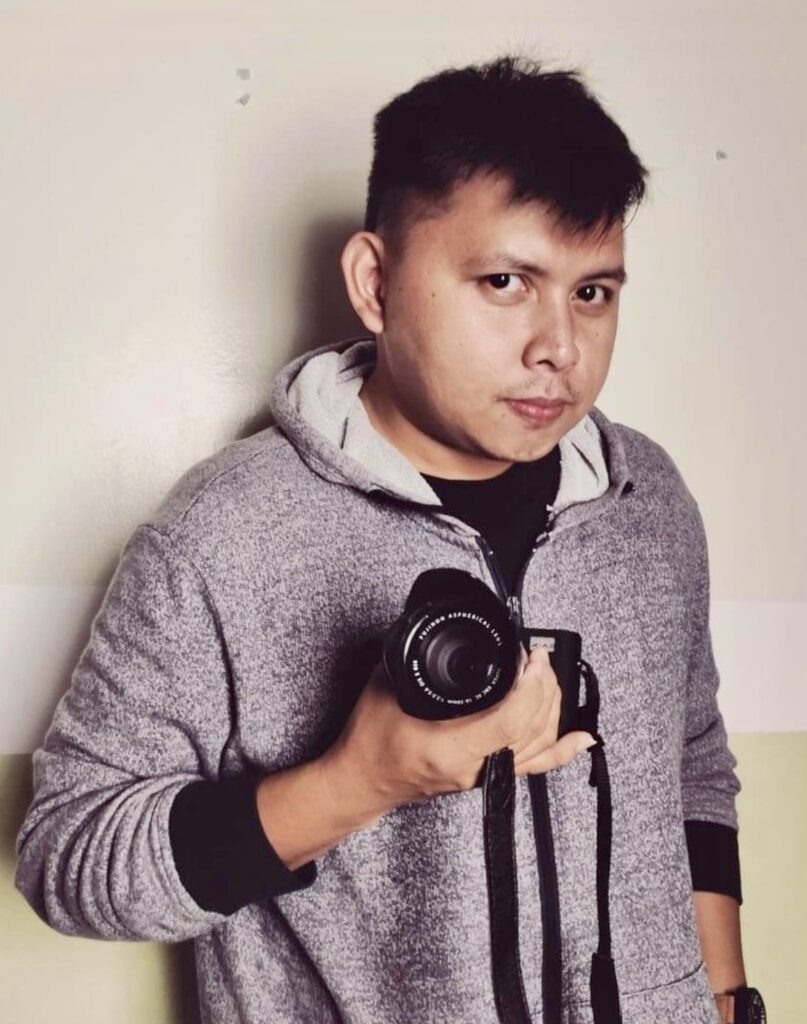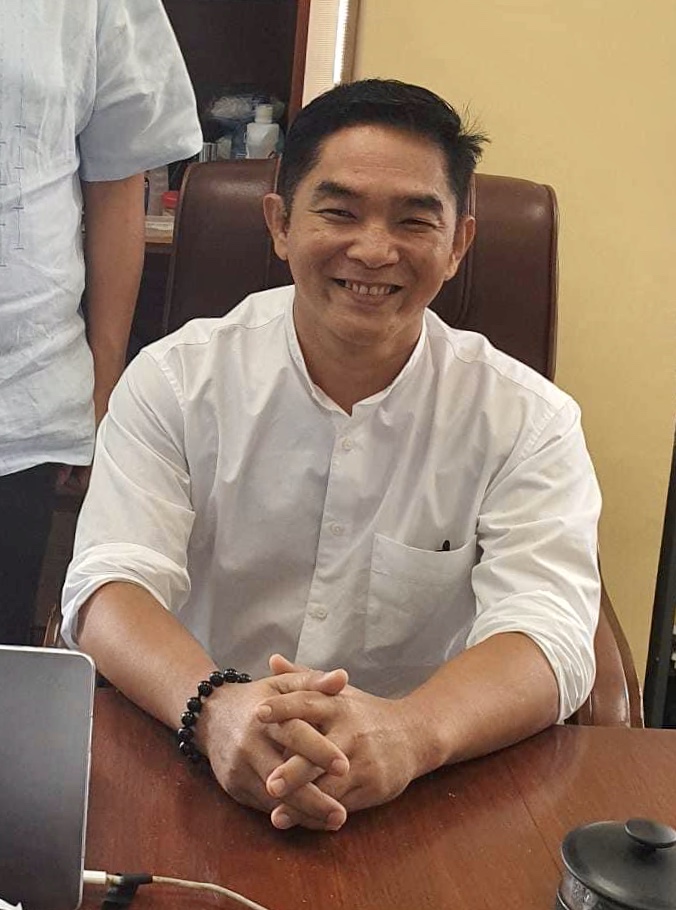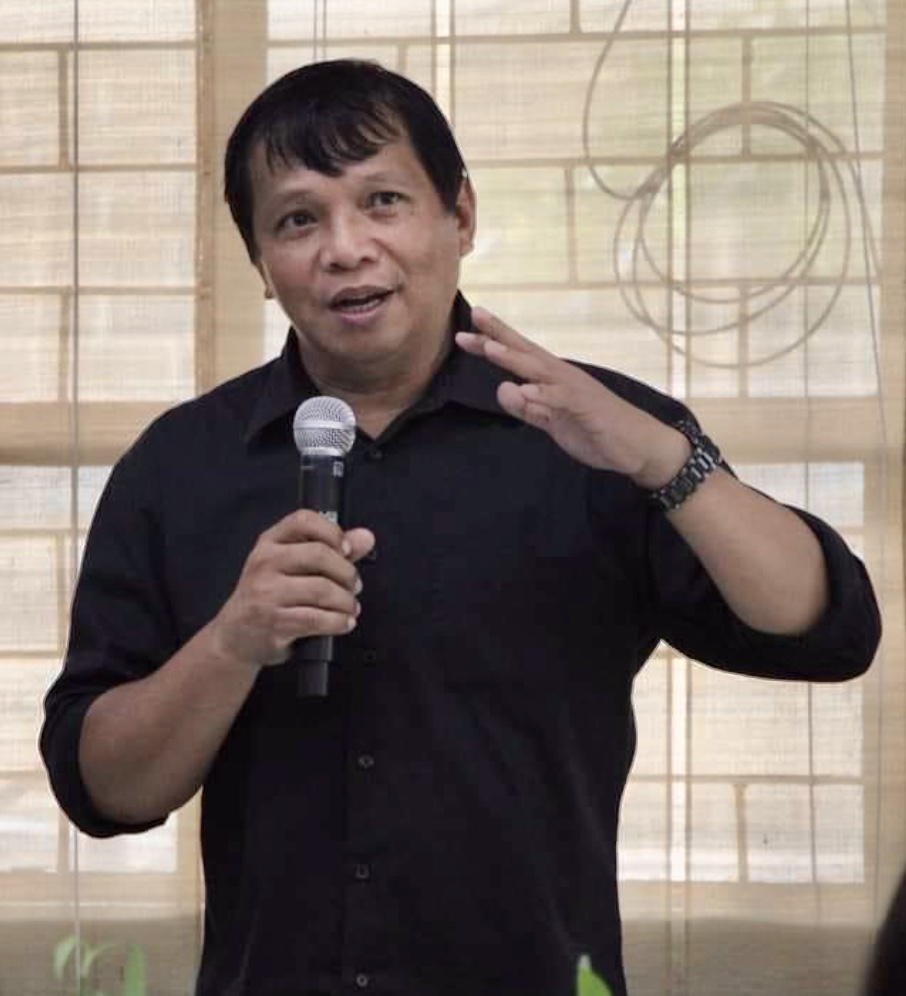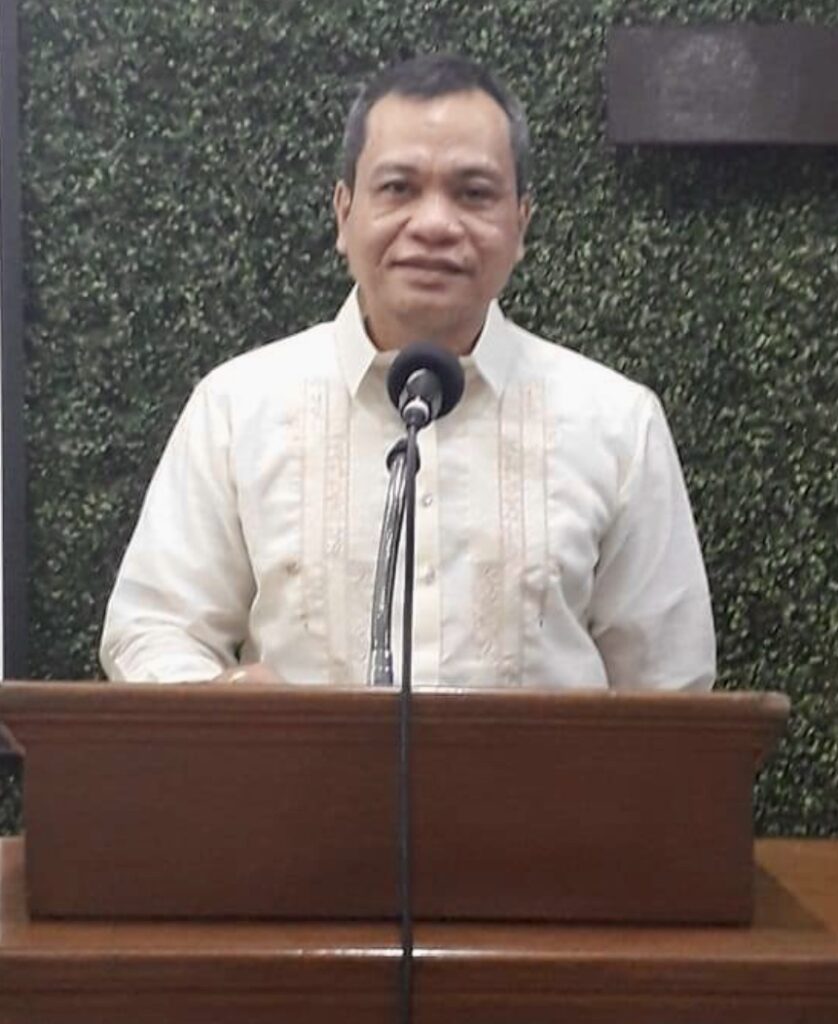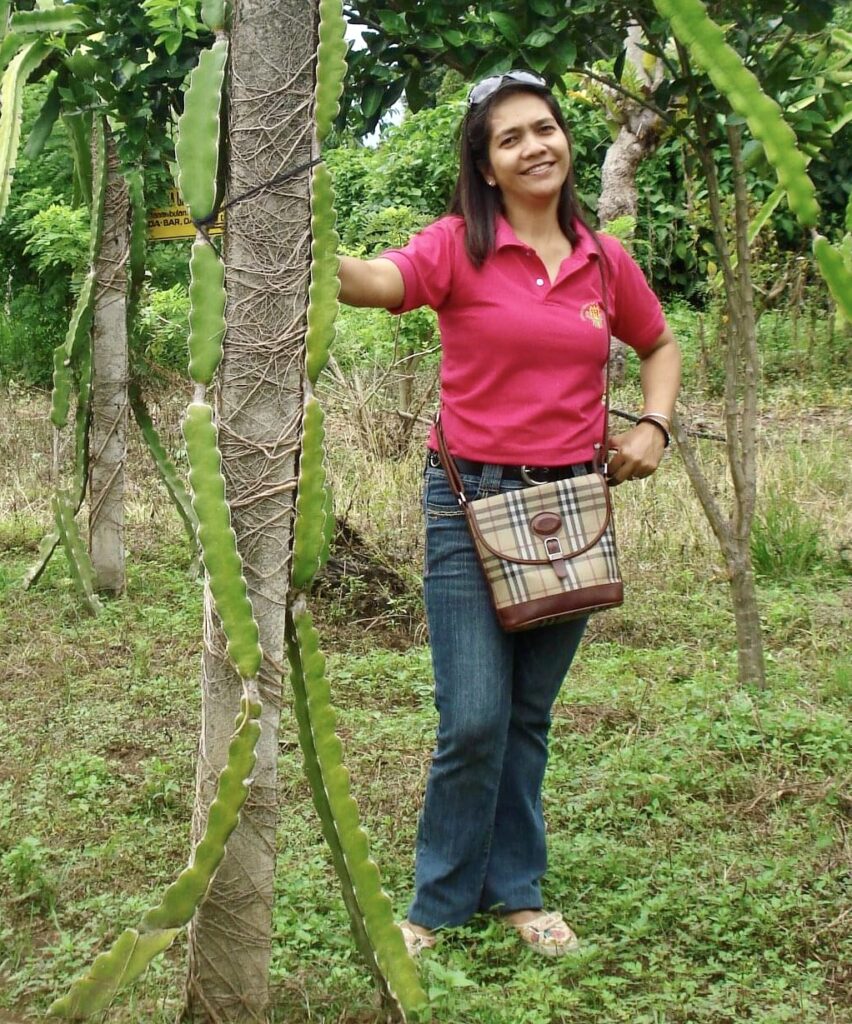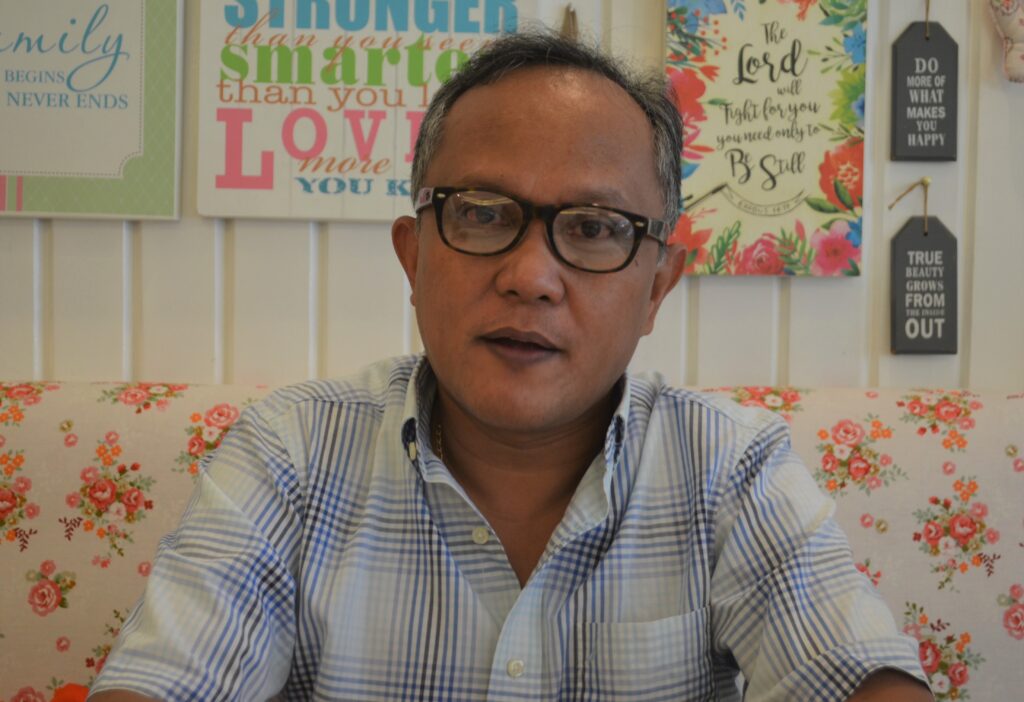By Henrylito D. Tacio
Photos taken from Facebook
Every weekend, I usually go to Davao City – or when I attend meetings or buy something important. But these customary occasions changed when the coronavirus disease 2019 – or COVID-19 – hit the country.
I stopped going to Davao City anymore. Just like ordinary people, I was afraid of getting infected with the dreaded virus. (Unfortunately, I became a COVID-19 patient not once but twice.)
During those years of confinement – as most people were confined in their homes – we practiced the recommended health protocols: wearing face mask and face shield, washing our hands with alcohol and/or soap with water, and physical distancing.
In the later part of 2021, when most of the people were already vaccinated, Davao City started to open its door to visitors. Quarantine cards were no longer required. Some people stopped wearing face masks – although most still wear face masks when they are inside restricted places like malls, offices, and vehicles.
Last year, after two years of absence, the multi-colored and lavished Kadayawan sa Dabaw was staged back in the streets. The economy started to recover. People went out again. Physical distancing was no longer observed. Traffic was again the norm.
EDGE Davao asked several people regarding the good and bad things that happened to Davao City after the pandemic. What are they looking forward to as the pandemic, it seems, is over now. Here are their thoughts:
RIZA P. LOBITOS, teacher: “After the pandemic, the people are becoming more health conscious, spending more time with their loved ones, and preferring nature rather than malls. Many roads were repaired during the pandemic but still traffic in the downtown area sucks.
“With the pandemic seems to be over, I am hoping that many will be re-employed, find jobs, and the economy will become better. I also hope that people continue to give importance to their health and loved ones.”
KYRST KELVIN CARAQUEL, architect: “One of the good things that happened to Davao City was that people became more cautious in dealing with health issues. Though wearing a face mask has been lifted and become optional, it has already become part of our new normal lifestyle. It is a way of protecting ourselves from any diseases like COVID-19. I remember that some mocked us for wearing a face mask because we were copying the fashion style of Korean people.
“Another good thing that happened is that people became resilient to the changes around them. When schools no longer conduct face-to-face classes, they resorted to online/virtual classes. When business shut down, people lost their jobs and their sources of income. That is when online selling became popular. The pandemic did not hinder the people of Davao from moving forward.
“On the other hand, the negative effect of the pandemic caused trauma to most people because some of us lost our loved ones due to the disease. The online classes faced different challenges. Mental health issues skyrocketed. We found out, too, that our healthcare services were not well-equipped. Also, as we transition back to face-to-face classes, business re-opening, and other opportunities that give people the freedom to do anything, the government somehow disregards other problems that are being brought by these transitions.
“I’m looking forward to the healthcare services being equipped during another – God forbids! – global epidemic. Our government will improve its contingency plans, especially on state emergencies.”
JAMES DELFINADO, student: “Dabawenyos have become more disciplined. They become aware of the importance of health and safety precautions against viruses and bacteria.”
ELIZABETH C. TORIO, government employee: “Infrastructure and transportation should be given emphasis as this will have a big impact in bringing back the economy of Davao City to its feet again. On the good side, the city became popular because of the China and Philippines bilateral agreement for durian exportation. This will generate more jobs because of the government’s plan in expanding the areas to be planted to durian.
“Looking at the general perspective since the pandemic seems to be over now, people should understand and appreciate that it means to live and not just to survive. Each of us should be patient and we should think and be fully aware that we need other people. As the saying goes, ‘No man is an island.’”
ALEXI FERNANDEZ, private employee: “I have seen people on how they cope up with the things they have lost during the pandemic. Whether they are medical doctors, airline pilots, engineers, teachers, businessmen, nurses and politicians, they are struggling. I am looking forward to them continuing to establish their careers and be employed again. I hope that everyone now can totally be free as the pandemic has ended.”
ALLAN AMPOLOQUIO, private employee: “It’s almost back to normal in Davao City as the pandemic is officially over and back to normal now. Once again, Dabawenyos have to face and endure the dreaded Davao City traffic and the floods in the city streets. Every now and then, Bunawan and Davao Rivers overflow as a result of climate change.”
ALEX CARPIO, medical doctor: “The bad thing that comes to mind is traffic. Also, a lot of business closures. Good: online proficiencies of people and businesses.”
EDWALDO LEGASPINA, corporate lawyer: “Small and medium businesses were forced to close down since their clients also lost the capacity to pay thereby rendering their operations to continue at a loss. Hopefully, with the opening of establishments and by the government’s support, businesses will be able to slowly resume.”
